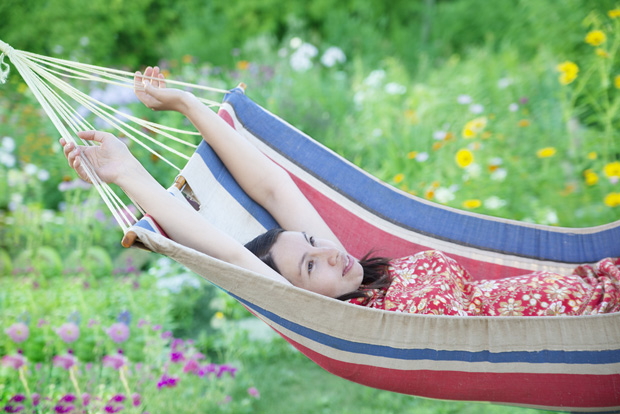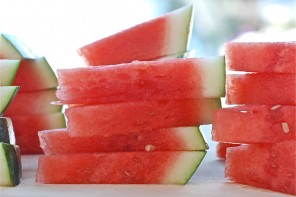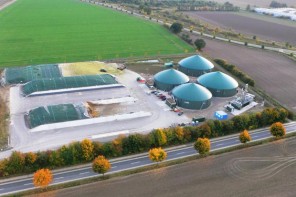Starting your own eco-friendly garden can be a great way to grow flowers, encourage the flourishing of local blooms and do your bit for the planet. Follow these eco-friendly gardening tips to score some serious flower power this spring.
Makeover your soil
Use mulch in your garden. It keeps the soil filled with moisture, reduces the presence of weeds and improves the soil’s fertility. Organic mulch includes materials of natural origin such as grass clippings, leaves and saw dust. It’s a better idea than regular mulch because it uses materials that would otherwise have been thrown away. You can purchase certified organic mulch from Earth2Earth.
Cut out the chemicals
You might have some problematic insects in your garden that eat up your blooms, but don’t be tempted to spray them with chemicals because pesticides will not only kill those annoying bugs but also animals such as spiders, lizards and birds that are actually helpful to the garden. Plant some herbs in your garden that have strong smells. These will act as natural repellents for unwanted insects. For instance, the presence of garlic in a rose garden keeps aphids out of reach, while peppermint and basil prevent ants from striking.
Keep it at home!
Try to plant flower species that will bloom best in your climate. Indigenous plants that are local to your area need less water and maintenance because they naturally thrive in the weather of the area. This is not only kind to you if you aren’t that keen on full-blown gardening – it’s also kinder to the planet’s natural resources. For a list of plants that grow well in your area, check out Gardening Eden.
Tips for keeping your garden eco-friendly:
- Water flowers, plants and lawns in the early mornings and evenings to prevent evaporation of water.
- Store rainwater and then use it on your garden so that it doesn’t go to waste. Rainwater is better for flowers than tap water because it isn’t chlorinated or fluoridated.
- Use containers of yogurt cups and egg cartons to plant new seeds. Simply clean them out properly before use and make drainage holes at the bottom with a nail for excess water to escape.











